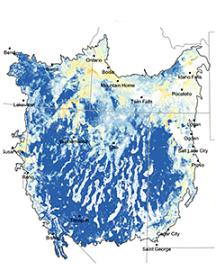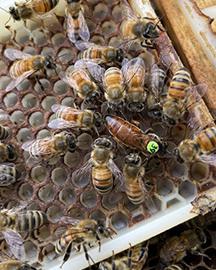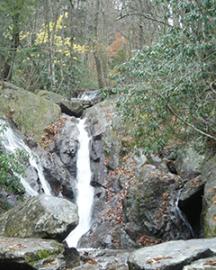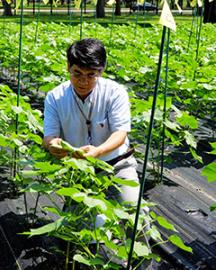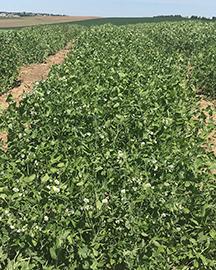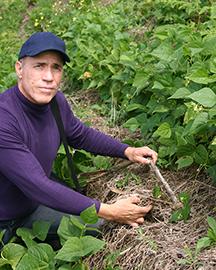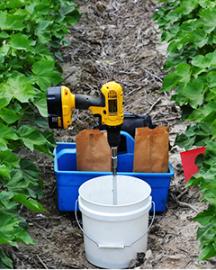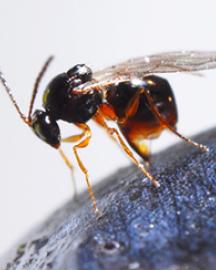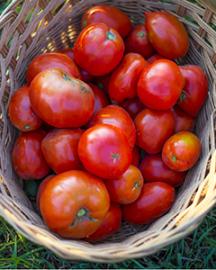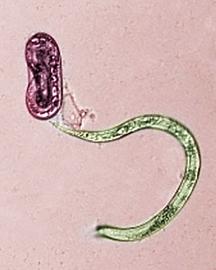California's Long Term Honey Bee Research Monitoring Network
ARS researchers have initiated a long-term honey bee monitoring network to better understand how factors such as nutrition, pesticides, extreme weather, and natural events impact colony performance and survivorship over multiple seasons. Researchers at the Invasive Species and Pollinator Health Unit in Albany, CA, are working with farmers, almond growers, and beekeepers to monitor the health of honey bee colonies as they experience stress while providing critical pollination services in almond orchards, sunflower fields, and other regions where pollination-dependent crops are grown in California.
Within the next several years, ARS researchers will expand the network to include more monitoring sites across the state and use the apiary performance metrics gathered to evaluate how environmental factors impact production of pollinator-dependent regional crops, nutrient availability for honey bees, as well as the effects of agrochemicals on bee reproduction and performance.
Related Information
Research Project: Conduct Longitudinal Studies on Colony Performance and Explore Near-term Effects of Nutritional and Agrochemical Stressors on Honey Bee Health




